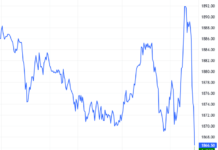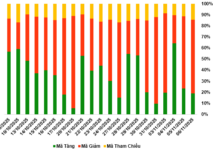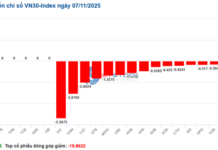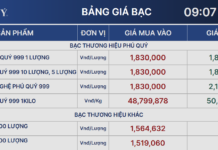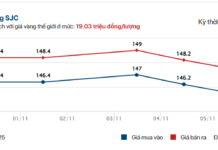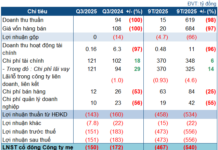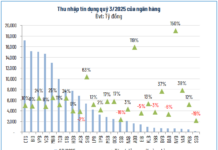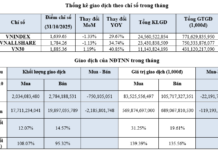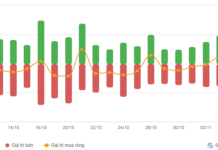
2024: Agile Fiscal Policy Management, Total Budget Revenue Surpasses 17.4%
|
Developing and Perfecting Legal Policies
According to the Ministry of Finance’s report: Based on resolutions and directives from the Party, National Assembly, and Government, the Ministry of Finance promptly formulated action plans to implement socio-economic development plans and state budget estimates. Fiscal policies were adjusted accordingly, focusing on addressing difficulties faced by businesses and citizens, promoting growth, and safeguarding social welfare.
In addition, rigorous inspection, supervision, and progress督促 were conducted in local areas to ensure public investment disbursement and the execution of national target programs. The Ministry of Finance submitted and provided feedback on numerous vital draft laws to the National Assembly, including amendments to the Securities Law, Accounting Law, and laws pertaining to budget and taxation; adjustments to value-added tax policies, reducing tax rates by 2% for certain goods and services to support businesses.
Concurrently, the Ministry issued over 80 guiding circulars and presented numerous decrees and decisions to the Government and Prime Minister to refine the legal framework for finance and budget sectors.
Implementing the Government’s 2024 Work Program, the Prime Minister’s 2024 Work Program, and Resolution No. 01/NQ-CP on key tasks and solutions for implementing the socio-economic development plan and state budget estimates for 2024. As of December 27, 2024, the Ministry of Finance had completed 63 out of 72 assigned projects (87.5%), including 38 projects assigned during the direction and administration process. By December 31, 2024, the Ministry of Finance is expected to complete 70 out of 71 assigned projects (98.6% of the planned tasks)…
Overall, the research and development of financial mechanisms and policies closely followed the Party’s guidelines and directives; fulfilled content and progress requirements as instructed by the Government and Prime Minister; and addressed significant complex issues and emerging challenges facing the nation amid economic hardships. These efforts contributed to macroeconomic stability, inflation control, sustainable economic development, effective social issue resolution, administrative procedure reform, improved business environment, enhanced national competitiveness, and continued restructuring of the state budget.
Total Budget Revenue Surpasses Estimate by 17.4%
In 2024, total state budget revenue reached 1,997.3 trillion VND, exceeding the estimate by 17.4%. Specifically, domestic revenue achieved 115.2% of the estimate, while revenue from crude oil reached 126.2%, and trade balance revenue from import-export activities attained 134.2%.
The tax exemption, reduction, and extension policies, with a total value of 197.3 trillion VND, supported businesses and citizens in overcoming difficulties and maintaining production and business operations. These measures also contributed to inflation control and ensured macroeconomic stability.
State budget expenditure in 2024 is estimated at 1,830.8 trillion VND, equivalent to 86.4% of the estimate, including development investment expenditure reaching 7.1% of the estimate and regular expenditure attaining 94.5%, ensuring timely response to emerging tasks.
Additionally, the Ministry of Finance saved 5 trillion VND from regular expenditures to supplement essential social programs such as providing permanent housing for the poor, improving the transportation system, and addressing the aftermath of natural disasters.
Based on revenue and expenditure outcomes, the budget deficit in 2024 was maintained at 3.4% of GDP, lower than the estimate. The government bond issuance raised 330.4 trillion VND at an average interest rate of 2.52%/year, contributing to the stability of the financial and monetary market. In the coming year, the Ministry of Finance will continue to focus on administrative reform solutions, enhance digitalization in financial and tax management, and promote public investment disbursement to drive sustainable economic development.
|
Previously, in an interview with the press, the Government leader emphasized: In 2024, the Vietnamese economy faced numerous challenges due to external factors such as tax, interest rate, exchange rate, inflation, and conflict issues. Domestically, our economy is highly open and susceptible to external influences. These factors significantly impacted fiscal and monetary policy management in 2024. However, under the leadership of the Party and the Government, with the direction of authorities at all levels, and the efforts of businesses and citizens, we have successfully accomplished the socio-economic development tasks for 2024. This is evident in the economic growth indicators, all of which met or exceeded the set targets. |
– 21:45 30/12/2024

